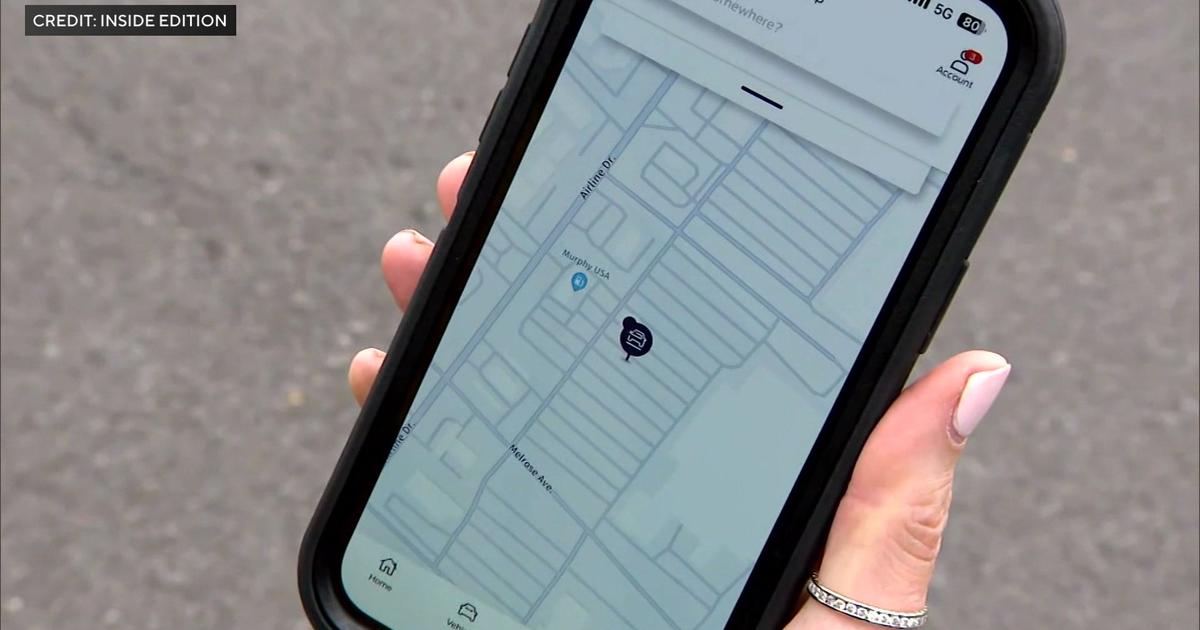Tablets, Smartphones May Not Be Totally To Blame For Nearsighted Kids
NEW YORK (CBSNewYork) - The popularity of handheld devices with small screens may be part of the reason more kids than ever before are nearsighted.
As CBS 2's Dr. Max Gomez reported, it's not just the up-close focusing on TVs, computers and phone screens that are to blame for the increased diagnoses.
"The parents come in here and say, oh I was in 6th grade when I got glasses. This kid's in second grade and is having trouble with distance," optometrist Dr. Tim Corcoran said.
Eye doctors have been seeing kids at younger ages coming in for glasses.
"So these kids come into here now in second and third grade, where it used to be 5th, 6th, 7th grade," Corcoran said.
In the 1970s, five in every 20 americans were nearsighted. as of 2000, eight in 20 were, Dr. Max reported.
It could be attributed to all that up-close electronic screen time, or maybe eye doctors are just getting better at screening kids for vision problems.
"We're actually catching people and giving them glasses when maybe in the past they weren't getting glasses and they needed them," Dr. Steve Rosenberg of the New York Eye and Ear Infirmary said.
The increase in nearsightedness has been going for at least 40 years, well before electronic devices became part of everyday life, Dr. Max noted.
Still, some studies have found that groups who do more close-up work of any sort, including reading, playing and working have more nearsightedness.
While genetics plays a part, you can't pick your parents. What you can control is how much time your children spend focusing up close, reading, video, computer or texting time, Dr. Max said.
"Go outside, give your eyes a break. Give your children's eyes a break by playing outside or other things where they do things in the distance....focus at different distances," Rosenberg advised.
Experts recommend a 15-minute vision break every couple of hours of up-close work to lessen the chances of developing nearsightedness.
And if all else fails, there's always glasses.
The importance of taking a vision break outside was demonstrated in Japan where kids spent their entire school days in front of computers, Dr. Max reported.
Adding one hour of recess every day cut the rate of nearsightedness by half in just one year. Plus, physical activity is good for kids' weight and hearts.
You May Also Be Interested In These Stories



